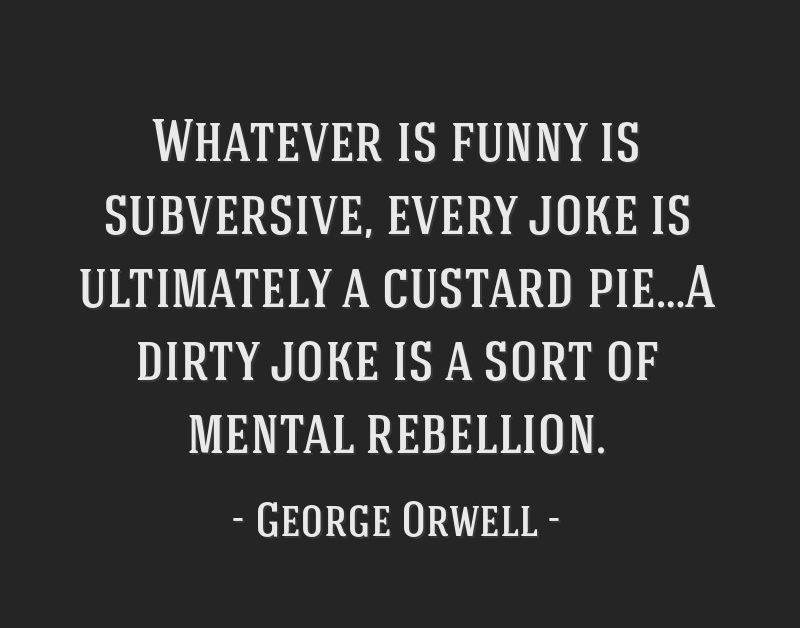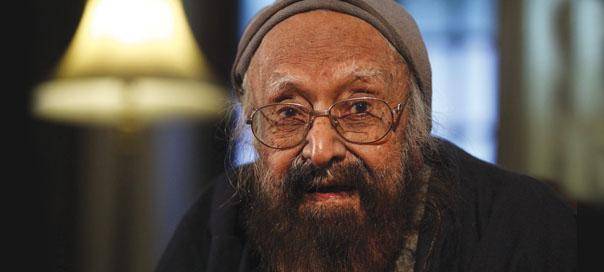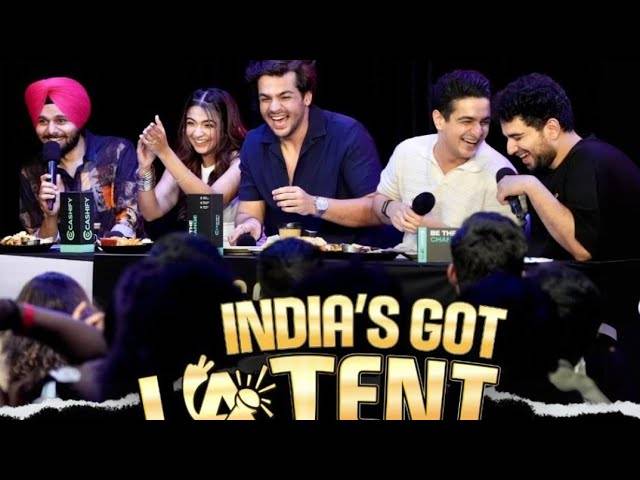Is comedy a problem? Is vulgarity a problem? Is vulgar comedy, then, a double problem? The answers lie not in the act itself but in how we perceive it. Comedy has traveled through time like a rebel on a road trip, crashing from Aristophanes’ ancient Greek slapstick to Shakespeare’s bawdy puns, from Kalidas’s subtle erotic humor to George Orwell’s essays on the necessity of dirty jokes. What vulgar comedy does is expose the unpolished underbelly of society—a mirror to our subconscious, where our desires, taboos, and hypocrisies dwell.

And if that makes someone uncomfortable, perhaps that discomfort is the whole point.George Orwell argued that vulgarity in humor is not just necessary but rebellious. “Dirty jokes,” he said, are the authentic voice of the common man, unpretentious and real. Vulgar comedy punctures the sanitized bubbles of societal norms, exposing the desires and hypocrisies we suppress. Isn’t a bawdy joke just a way of admitting that, beneath all our sophistication, we’re flawed and human?
Look at Shakespeare. He gave us profound soliloquies like “To be or not to be,” but also lines like Mercutio’s quip, “’Tis no matter if the prick be a prickle.” In Twelfth Night, the joke about Olivia’s chambermaid’s “dry hand” pokes fun at sexual inexperience, blending wit with an earthy honesty. Even Kalidasa, in his Sanskrit masterpiece Meghaduta, used humor to celebrate human desires as natural and joyous.
Comedy, whether vulgar or refined, has always been a mirror, inviting us to laugh at ourselves– whether in royal courts or smoky pubs.But why does vulgar comedy make some people squirm today? Perhaps it’s because we’ve been taught to see certain jokes as “dirty” or immoral. Take India’s Got Talent parody India’s Got Latent. The show’s absurd roasts and unapologetic humor drew outrage, especially when Ranveer Allahabadia asked a contestant: “Would you rather watch your parents have sex forever or join in once to stop it?” Social media exploded. “Perverts!” cried Twitter, with many condemning the show without even watching it. But wasn’t the joke more than just shock value? It forced us to confront taboos about family and sexuality– subjects we usually shove under the rug. That’s what vulgar comedy does. It crosses lines we pretend don’t exist.
The same discomfort arises with foreign shows like Saturday Night Live (SNL), which has built a legacy on provocative, edgy humor. Whether skewering politicians or mocking celebrities, SNL uses vulgarity as a sharp tool to expose hypocrisies and lighten heavy truths. When Eddie Murphy joked about Reaganomics in the 1980s, he wasn’t just being crude, however, he was shining a light on systemic inequalities. Similarly, South Park’s outrageous humor has often delved into serious issues, from censorship to racial tension, using vulgarity as a weapon against complacency.

Closer to home, Khushwant Singh once defended vulgar jokes as an art form. To him, these jokes were more than cheap laughs; they were reflections of society, often highlighting our shared humanity. Singh believed that bawdy humor acted as a release valve for our repressed emotions. If someone laughed at a “dirty” joke, it wasn’t necessarily because they were crude– it was because the joke revealed something raw and honest about life.
And, let’s face it, life itself isn’t a neatly edited PG-13 movie. Think back to your school days. Remember those “dirty jokes” scribbled on desks or whispered in corridors? Or that moment in college when someone smuggled a copy of Lady Chatterley’s Lover, and everyone read it like a sacred text? One of my friends once laughed so loudly at a professor’s joke about marriage being “the original scam” that she got scolded in class. That laughter, she later confessed, was a lifeline; she was trapped in an unhappy relationship. Vulgar humor, in that moment, wasn’t crude, it was cathartic.
Vulgar comedy has always been consensual. Nobody forces you to watch South Park, just as nobody forces you to read Manto or Orwell. In fact, some of the most “indecent” works have been society’s deepest truths. D.H. Lawrence’s Lady Chatterley’s Lover was scandalous for its raw portrayal of desire, but today it’s celebrated as a masterpiece. Saadat Hasan Manto’s gritty stories, banned for their explicitness, unveiled the horrors of Partition in ways no history book ever could. What critics called “obscene” was often just painfully real.
Of course, not every vulgar joke is profound. Some are just lazy. But dismissing all vulgar comedy as “trash” is to miss its essence. Without it, we’d be left with sterile, inoffensive humor that skirts around the truth without ever confronting it. Even Shakespeare knew that a well-timed fart joke could coexist with existential musings.There’s also a fair share of hypocrisy in the outrage.
Ranveer Allahabadia, criticized for his crass joke, is the same podcaster who interviews spiritual gurus. Does this mean he can’t have a sense of humor? Must comedians, intellectuals, and thinkers confine themselves to rigid roles? Even gods in mythology had their moments of folly–be it Indra’s escapades or the Greek gods’ endless dramas. If divinity can laugh at itself, why can’t we?The real problem isn’t vulgar comedy–it’s our inability to confront the mirror it holds up. We label something “offensive” to avoid admitting our discomfort with our own desires and fears. Sure, vulgar comedy isn’t for everyone, but that doesn’t mean it shouldn’t exist.

There’s room in the world for Shakespeare and Kalidasa, for SNL and South Park, for Manto and Khushwant Singh. As India’s Got Latent cheekily reminded us, sometimes “pointless” humor is exactly the point.So, the next time a bawdy joke makes you cringe, ask yourself: Are you offended because it’s vulgar or because it’s true? As Orwell might say, laughter, even vulgar laughter, is a form of freedom. And in a world that’s increasingly eager to censor, maybe we need a little more freedom to laugh.










